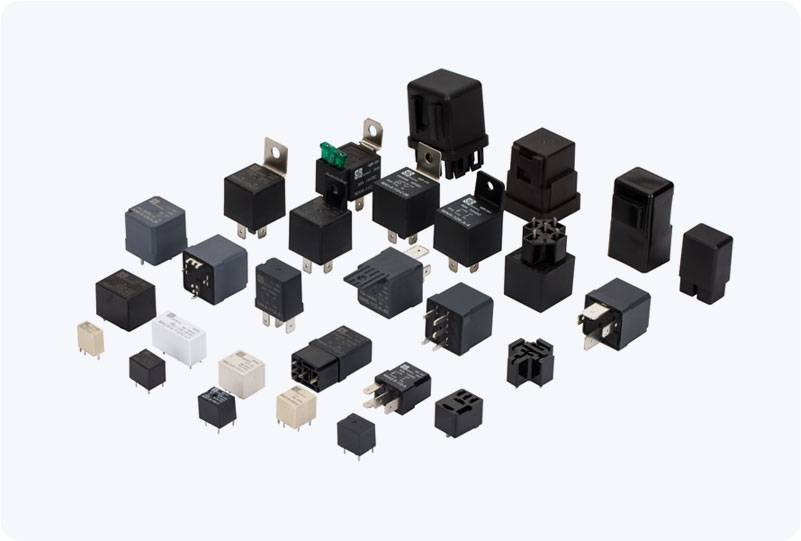the importance of iec 61508 compliant automotive relays in ensuring functional safety
Release time:2025-09-28 00:09:02
Automotive safety systems have become increasingly complex, relying on sophisticated electronic components to ensure safe and reliable operation. Among these components, relays play a critical role in controlling circuits and ensuring the proper functioning of various systems in a vehicle. As safety standards become more stringent, the need for IEC 61508 compliant Automotive relays has grown, as they provide a higher level of safety, reliability, and fault tolerance. This article explores the significance of IEC 61508 compliant Automotive relays, their key features, and why they are crucial for automotive applications.

Understanding IEC 61508 and Its Role in Automotive Safety
IEC 61508 is an international standard developed by the International Electrotechnical Commission (IEC) that provides guidelines for functional safety in electrical, electronic, and programmable electronic systems. The primary goal of IEC 61508 is to ensure that safety-critical systems can function correctly even in the event of component failures. It defines a structured approach to the lifecycle of safety systems, including design, operation, maintenance, and decommissioning.
In automotive applications, functional safety is paramount. Components such as airbag systems, anti-lock braking systems (ABS), and electronic stability control (ESC) rely on highly reliable electronic systems. Any failure in these systems can lead to severe consequences, including accidents, injuries, or fatalities. This is where IEC 61508 compliant
Automotive relays come into play. These relays are designed to meet the stringent safety and reliability standards required for automotive safety systems.

